Table of contents
- Team Anti-Discrimination and Diversity
- Meeting minutes
- What are the goals of Team Anti-Discrimination and Diversity?
- Is it possible to participate in the team?
- Members of the Team Anti-Discrimination and Diversity
- Protection against discrimination in praktika
- Anti-discrimination clause for praktikum regulations
- Survey on experiences of discrimination at the department
Team Anti-Discrimination and Diversity
Team Anti-Discrimination and Diversity of Department 7 was composed of representatives of professors, academic staff, administrative-technical staff and students. The composition of the team was based on the interest of the participants and was confirmed by the departmental council. The chairmanship of Team Anti-Discrimination and Diversity was shared by Prof. Dr. Markus Prechtl and Melissa Meinel. Team Anti-Discrimination and Diversity met twice per semester.
Below you can view the reports of the meetings of the team if you log in to the page with your TU-ID.
Access restricted section: Log in to see this section.
What are the goals of Team Anti-Discrimination and Diversity?
Team Anti-Discrimination and Diversity was created on the occasion of a survey at Department 7 in order to be able to counter discrimination proactively and reactively. Measures were decided upon to increase the awareness of the members of Department 7 for forms of everyday discrimination and to help create an atmosphere at the department in which challenges are openly discussed. In addition accessibility and the compatibility of family, studies and career were promoted.
The task of the team was based on six fields of the General Equal Treatment Act (AGG) which are primarily relevant for discrimination (age, disability and chronic diseases, ethnic origin/racism, gender, religion/belief, sexual identity) supplemented by the central guidelines of the Technical University of Darmstadt.
Among other things the inclusion of a passage on the prevention of discrimination and with contact points in case of discrimination in all internship regulations was planned. These were supplemented by action-guiding recommendations for the leaders of the work groups who use their function as multipliers to instruct all participants.
Members of the Team Anti-Discrimination and Diversity
| Photo | Name | Contact |
|---|---|---|
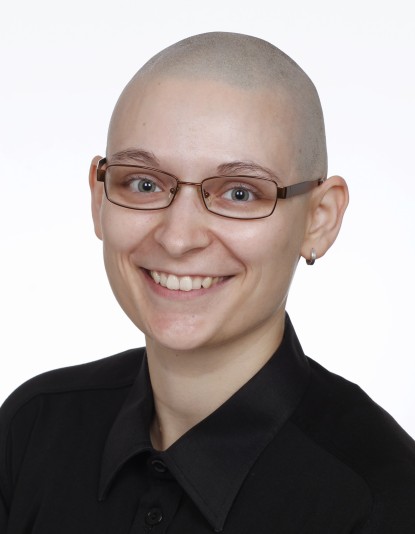
Picture: Fotostudio Michels
| Han Dittmar | han.dittmar@stud.tu-... |
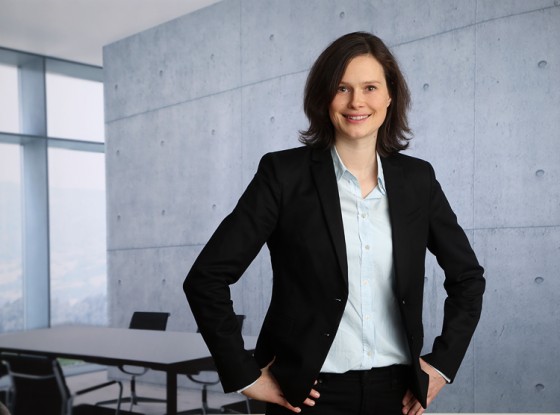
| Prof. Dr. Ulrike Kramm | ulrike.kramm@tu-... +49 6151 16-20356 L6|01 301 |
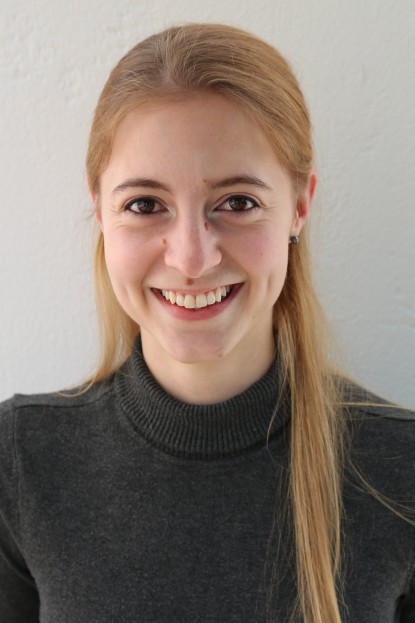
| Melissa Meinel M. Sc. Ph. D. Student | m.meinel@theo.chemie.tu-... +49 6151 16-22622 L2|04 D309 |
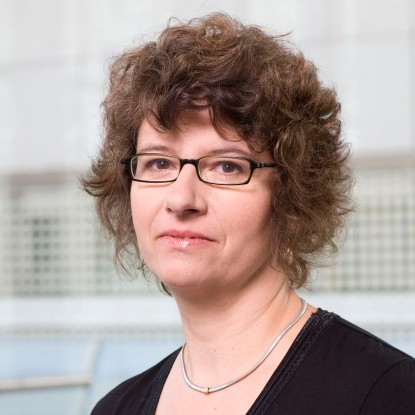
Picture: Katrin Binner
| Dorothee Nikolaus | nikolaus@ac.chemie.tu-... +49 6151 16-22930 L2|05 316 |

| Prof. Dr. Markus Prechtl | prechtl@chemie.tu-... +49 6151 16-20828 L2|02 C210 |
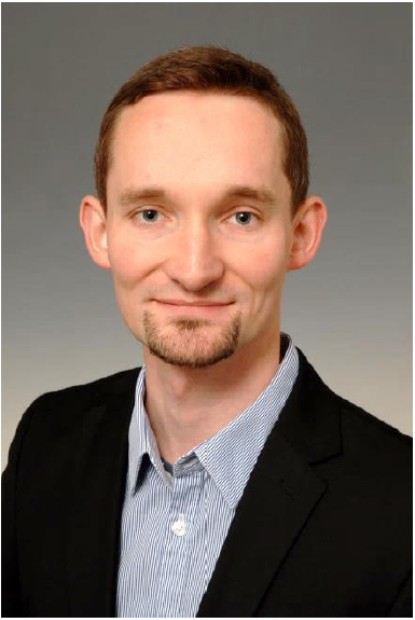
| Prof. Dr. Marcus Rose | rose@tc2.tu-... +49 6151 16-27290 L2|04 D112 |
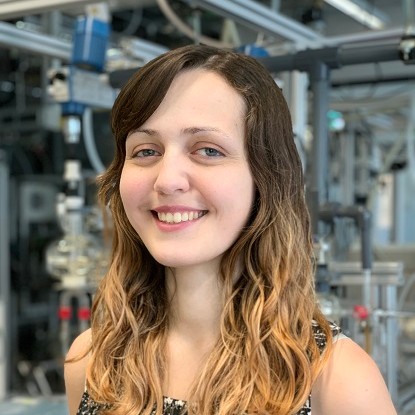
| Miriam Seebach M.Sc. | miriam.seebach@tu-... +49 6151 16-23294 L2|04 D110 |
Protection against discrimination in praktika
In this video, former student equal opportunities officer Miriam Seebach gives an overview of the types of discrimination that can occur in studies and especially in pratika and how we can overcome them through a good working atmosphere with open communication. In addition, reference is made to contact points that can provide support in the event of discrimination that you have experienced yourself or observed.
You are welcome to use this resource as part of the safety briefing on your praktikum.
[The English version of this presentation will be provided at a later time.]
Anti-discrimination clause for praktikum regulations
Protection agains discrimination in praktika in accordance with the General Equal Treatment Act of the Federal Government, the Hessian Equal Rights Act and the equal opportunities concepts of the TU Darmstadt and the Chemistry Department.
Have you experienced or observed discrimination?
Contact the internship supervisor or contact persons on the department's complaints and help website.
Discrimination on the grounds of course of study, ethnic origin, gender, religion or ideology, disability, age or sexual identity will not be tolerated at the Department of Chemistry. This applies both to dealings with each other in general and to conduct in supervisory situations and in the awarding of grades in particular. Discrimination can occur within a status group or between members of different status groups and includes actions as well as the spoken and/or written word. The internship supervisor expressly asks that cases of such discrimination, whether experienced personally or observed by third parties, be communicated. Contact persons can be supervisors or the internship supervisor as well as other contact points listed on the department's complaint and help website.
Survey on experiences of discrimination at the department
At the beginning of 2020, the Department of Chemistry conducted the first survey on experiences of discrimination among students and staff. The questionnaire was developed by volunteers from the FEM-Runde and the Equal Opportunities Team and distributed to students via TUCaN and to work group leaders via e-mail. After a period of about three weeks, the survey was closed and analysed by the same team. The anonymised cumulative results were presented to the departmental council in summer 2020. For reasons of more comprehensive protection of the participants and the non-statistical significance, access to the survey results is only granted on request by e-mail. The questionnaire can be downloaded below.
Questionnaire of the discrimination survey
- Questionnaire discrimination survey (PDF-File, 30kB)


